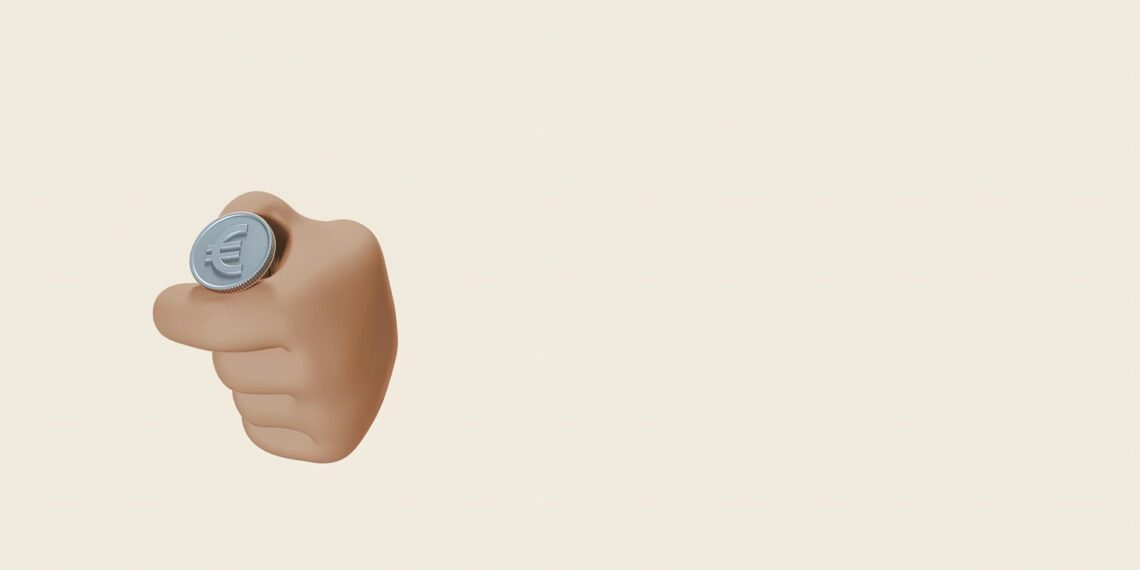Cleaning coins, especially old or potentially valuable ones, can be a tricky endeavor. Improper cleaning can significantly decrease a coin’s monetary value by damaging its surface or removing its natural patina.
Here’s a breakdown of how to approach coin cleaning without causing harm:
- Avoid cleaning valuable or collectible coins: In most cases, collectors prefer coins in their original condition, with the natural toning or patina that develops over time. Cleaning can strip this away, resulting in a less desirable, unnaturally shiny appearance and a drastic reduction in value.
- Consult a professional: If you’re unsure about a coin’s value or collectibility, it’s always best to have a numismatist (coin expert) examine it before attempting any cleaning.
- Clean common coins with caution: If a coin holds little value or is heavily soiled, you might choose to clean it for aesthetic purposes. However, always proceed with caution and utilize gentle methods.
- Distilled Water Rinse: This is the safest method for removing surface dirt and dust. Hold the coin by its edges (to avoid oils and debris from your fingers), rinse gently under a stream of lukewarm distilled water, and then either pat it dry with a soft, lint-free cloth or allow it to air dry naturally.
- Mild Soap and Distilled Water Soak: If the distilled water rinse isn’t enough, you can try a weak solution of mild soap (not harsh dish detergent) and distilled water. Submerge the coin, gently rub with your fingers to loosen dirt, then rinse thoroughly with distilled water and pat dry.
- Copper Coins (like pennies):
– Vinegar and Salt Solution: Dissolve 1 tsp of salt in 1⁄4 cup of white distilled vinegar. Soak the coin for about 5 minutes, wipe gently with a paper towel, rinse with cool water, and pat dry. This can help with oxidation (tarnish).
– Ketchup: The acids in ketchup can help dissolve tarnish on copper coins. Squirt a small amount on the coin, work it in with a soft toothbrush (avoiding scrubbing), rinse thoroughly, and pat dry. Note: Ketchup is mildly acidic and can affect a coin’s long-term preservation, says Madison Trust Company.
- Silver Coins:
– Baking Soda Paste: Mix baking soda with a small amount of distilled water to form a paste. Apply gently with a soft cloth (avoiding scrubbing), rinse thoroughly with distilled water, and pat dry.
- Harsh Abrasives: Never use steel wool, wire brushes, abrasive powders, or even stiff-bristled toothbrushes, as these will scratch the coin’s surface and damage its value.
- Strong Acids or Chemicals: Avoid using strong acids like undiluted vinegar, lemon juice, cola, or commercial cleaners on valuable coins, as they can strip away metal, remove patina, and cause permanent damage.
- Polishing: Polishing removes a coin’s natural patina, which is valued by collectors, and can leave behind scratches.
- Always handle coins by their edges to prevent transferring oils and dirt from your fingers to the coin’s surface.
- Wash and thoroughly dry your hands before handling coins. You can also consider wearing cotton gloves.
- Work over a soft, clean surface to prevent damage in case of accidental drops.
- Store coins in appropriate holders like acid-free flips, capsules, or albums to protect them from environmental factors and physical damage.
- Maintain a stable environment for your coin collection with controlled humidity and temperature.
- Regularly inspect your coins for any signs of deterioration or damage.









How to clean old coins without devaluing them with vinegar?
Great question! Get a cup, or a container that can hold vinegar.
Pour vinegar into the container.
Gently put the coin in the container.
Let it set for a few minutes.
Take the coin out of the container of vinegar.
Rinse the coin in distilled water.
Dry it.
Does Dawn dish soap clean pennies?
Especially bright copper. If you have to use anything to try and get some gunk.
Which liquid cleans coins the best?
Great question! Acetone is the only thing you can use that will do anything and not mess with the coin.